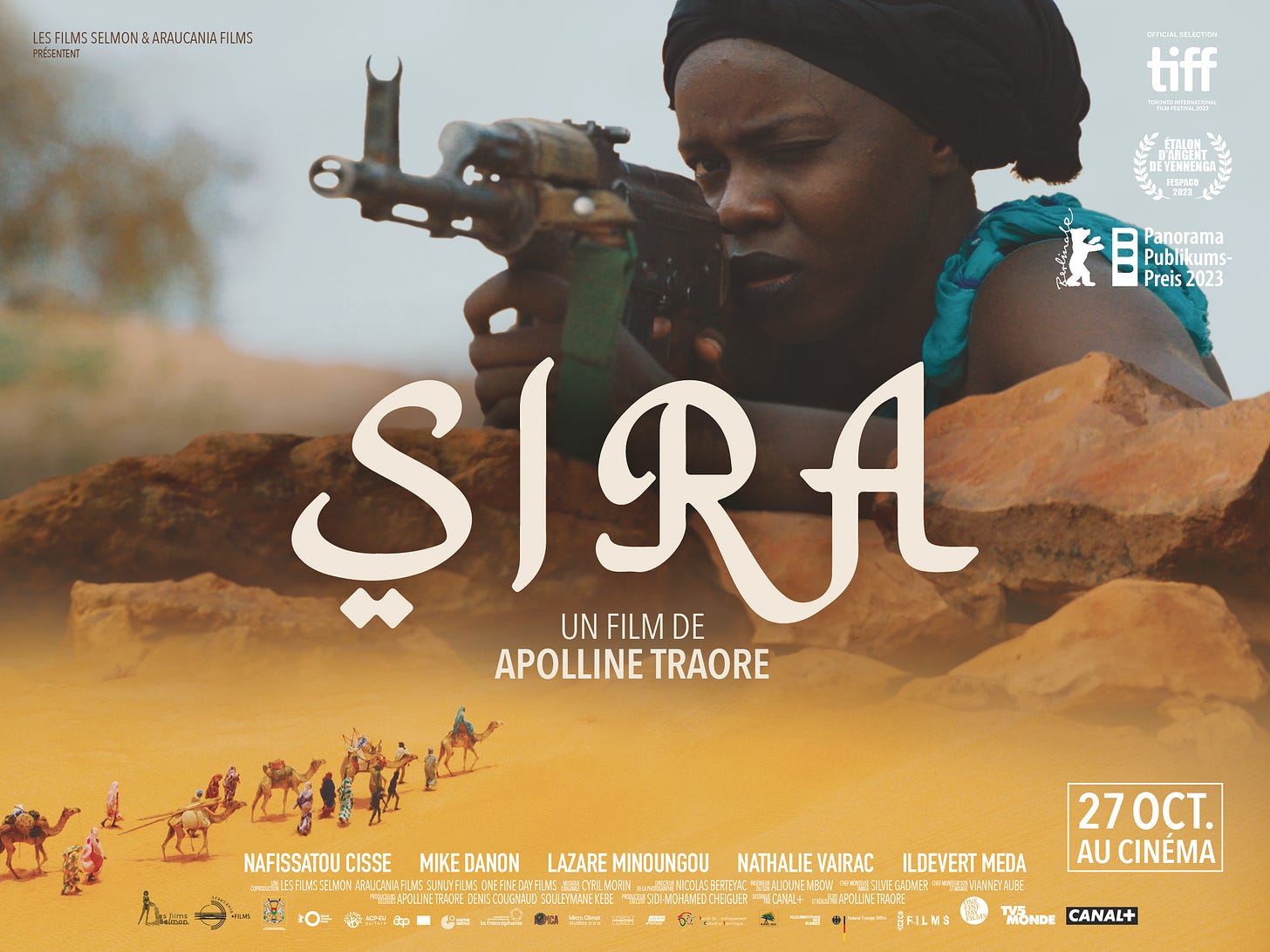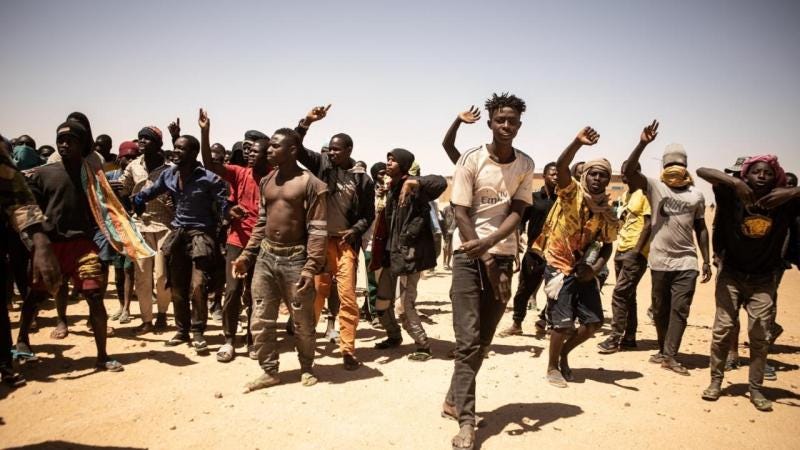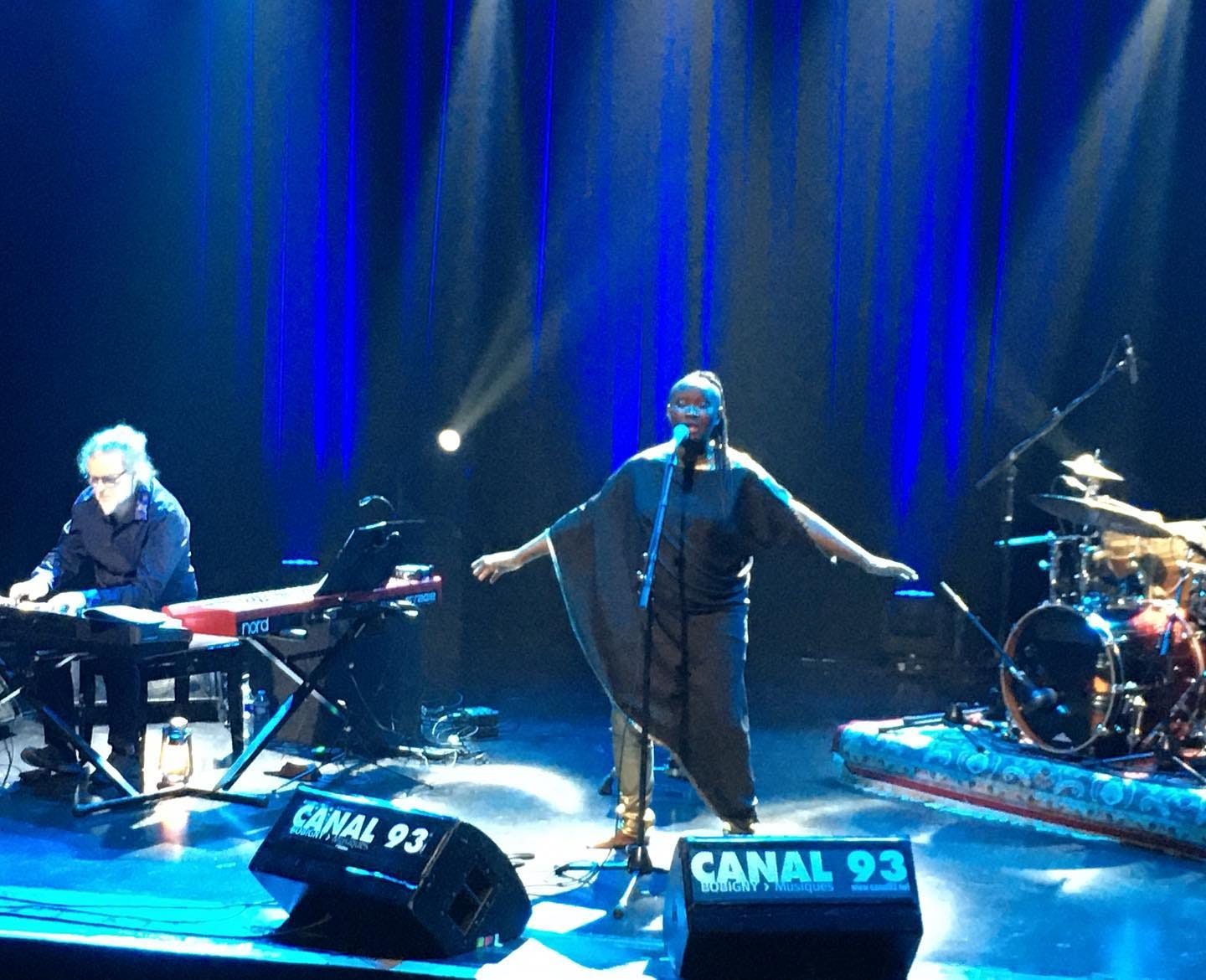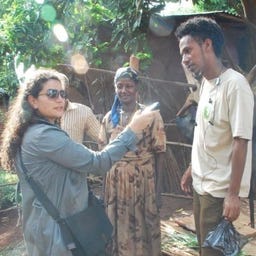Dear readers,
This week, I’ve been focusing on what is one of my main goals in journalism: writing about countries beyond the western trope, less covered in the news.
After working a year in a national television channel on a news programme focusing on international news, when I was 25, it became obvious to me that some crises always matter more in the news than others.
While most journalists interested in having a career would choose to focus on them, I was interested in the “rest of the world”. And still is.
I believe this imbalance is unfair and men-made; it is a result of a power structure.
So, I care about rebalancing, and correcting some historical and cultural narrative.
It’s not always easy to do so in mainstream media, but I try!
This time, let’s talk about a region in West Africa, part of the desert known as the Sahel.
-
The Sahel region or Sahelian acacia savanna is a biogeographic region in Africa, a transition zone between the more humid Sudanian savannas to its south and the drier Sahara to the north. The Sahel has a hot steppe climate and stretches across the southernmost latitudes of North Africa between the Atlantic Ocean and the Red Sea.
Although geographically located in the tropics, the Sahel doesn't have a tropical climate, but a semi-arid climate.
The desert comprises, from west to east, the country of Senegal, the south of Mauritanie, Mali, north of Burkina Faso, the extreme south of Algeria, Niger, the extreme north of Nigeria, Tchad, parts of Cameroon, Soudan (especially Darfur and Kordofan), and Erythrea.
Most often, the term, when used by journalists, refers to the Western Sahel, esp. Senegal, Mauritania, Niger, Mali and Burkina Faso, which have a lot in common, notably to have been part of the French empire in Africa until 1960.
Often at the bottom of the news list, the Sahel suffers from multiple crises, and a lot of them have a connection with Europe: the region was disputed by the French and British empires, their leaders thus designed its problematic borders, and underdeveloped its infrastructures, while using its resources to feed the last phase of their industrial revolution at home.
Yet, with its climate, a desert is totally unfit for industrial production or any form of hard, large-scale labour.
It is populated by resilient, resourceful nomadic people, who, for instance, know how to live with very little (food, water, energy…) - skills we could definitely learn from these days…
-
The first story I want to present is about insecurity, war and resilience.
'Sira': a story of Burkinabé women resisting jihadists
Mid-November, I interviewed the Burkinabé filmmaker Apolline Traore about her film on the islamist insurgency in the Sahel, for the film fest Afrika Eye Festival. (See the announcement on my blog: https://melissa-on-the-road.blogspot.com/2023/11/afrika-eye-2023.html)
Read the article here:
Burkina Faso filmmaker takes story of women resisting jihadists to Oscars - my interview with Apolline Traoré on her film 'Sira':
Burkinabé filmmaker Apolline Traoré's feature "Sira" tells the story of a young woman abducted by jihadists who draws on her wits and courage to survive. Offering a rare insight into the lives of thousands living with Islamist violence in the Sahel, the film has already won prizes at home and abroad – and is now in the running for the 2024 Academy Awards.
Here below is an extract of our conversation, in a video for RFI English:
"Sira" tells the story of a young woman abducted by jihadists who draws on her wits and courage to survive. Offering a rare insight into the lives of thousands living with Islamist violence in the Sahel, the film has already won prizes at home and abroad – and is now in the running for the 2024 Academy Awards.
Burkinabé director Apolline Traoré spoke to RFI about her experience making the film:
'SIRA': Watch my interview with Burkina Faso's filmmaker Apolline Traoré, for the Afrika Eye Film Festival, on how to live and resist the jihadist insurgency in the Sahel (16 min):
-
Beyond fiction, Sira’s story reflects the daily life of Peul people in Burkina and beyond, for instance in neighbouring Mali and Niger.
To know more, here is an article I wrote before the festival, and below, two others I wrote this past week:
Dozens of towns in Burkina Faso besieged by jihadists: report
Armed groups are committing war crimes and human rights abuses as they besiege towns across Burkina Faso, the rights group Amnesty International has warned in a report.
Niger coup leader repeals law aimed at slowing migration to Europe
The head of Niger's military regime has repealed a law criminalising the trafficking of migrants. The country is a hub for those seeking to reach Europe via neighbouring Libya and Algeria.
MIGRATION CRISIS
EU seeks to bolster global efforts against migrant smuggling
The European Union on Tuesday launched an international alliance to strengthen international cooperation against migrant smuggling. The move comes amid worsening conditions on migration routes towards Europe, especially through the Sahara and Mediterranean.
A few weeks earlier, a battle raged in northern Mali, for a strategic town, between local nomads and the army, with islamists in the background…
Mali junta has 'seized' rebel stronghold of Kidal
Mali's junta leader announced on Tuesday that the armed forces had recaptured the strategic northern town of Kidal, a stronghold of Tuareg-dominated separatist groups that has long posed a major sovereignty issue for the government.
Here: https://www.rfi.fr/en/africa/20231115-mali-junta-has-seized-rebel-stronghold-of-kidal
-
Finally, a bit of music…
Sound from the Sahel: Julia Sarr
A colleague of mine from Rfi took me to listen to the Senegalese-born singer Julia Sarr, who has become one of the most sought after backing vocalists in France, performing with Salif Keita, Youssou N’Dour, Lokua Kanza and Francis Cabrel, among others.
Singing in her native language from Senegal, Wolof, her powerful yet delicate mezzo soprano voice is a delight.
She’s now building a successful solo career too, blending singing with jazz and traditional or western percussion.
She came to RFI in 2017, here’s an extract of her singing:
-
There would be much more to say about the Sahel. All I hope is that some of you, readers, might pay a little more attention to it…
Before I finish, I want to recommend another newsletter, doing a great job at covering non-Western zones:
Proximities
https://proximities.substack.com/about
By Thomson Reuters Foundation journalist Barry Malone
‘Proximities is a free newsletter that - every day - briefly draws your attention to three non-Western news stories. All too often, media that brands itself as international is nothing of the sort. News from a handful of nations dominates even as much more important, more consequential, stories are developing elsewhere. Outlets with a pretense of being global would rather spend all day talking about a controversial tweet than about an explosion in Mogadishu. Our social feeds are dominated by rancor rather than reporting. Controversy drowns out facts. "Content" drowns out insight. The rich drown out the poor. And the West drowns out everywhere else.’
-
Thanks for reading, and enjoy December.
With best wishes,
melissa
-
Melissa Chemam
Journalist & Writer
@ RFI English New Arab, ART UK...
Site: https://sites.google.com/view/melissachemam
Newsletter:






